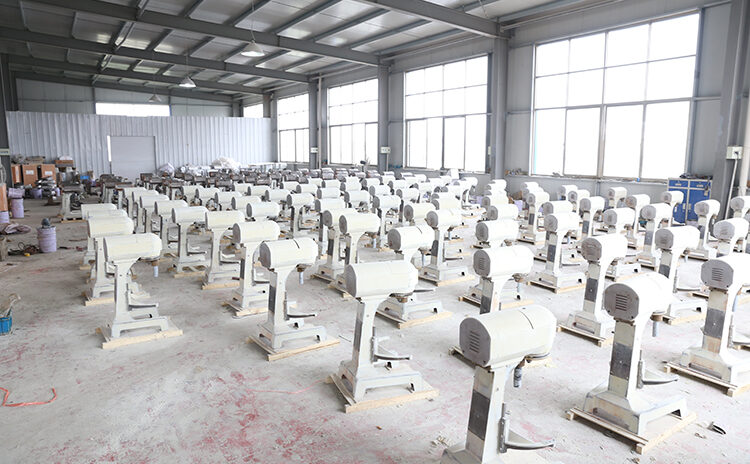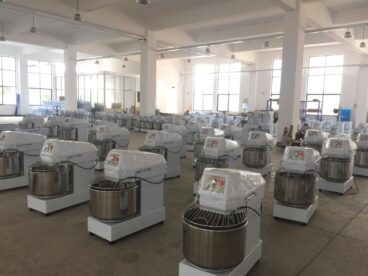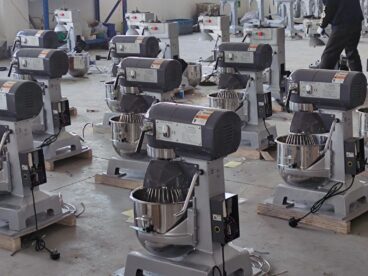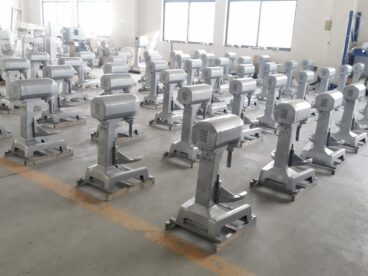A professional mixer, often referred to as an audio mixer or mixing console, is a critical piece of equipment in various audio and video production environments. From recording studios and live concert venues to broadcasting stations and film sets, professional mixers play an indispensable role in ensuring high-quality audio output. In this comprehensive guide, we will delve into the details of what constitutes a professional mixer, its various types, components, and applications, and how to choose the right one for your needs.
Understanding Professional Mixers
Definition and Function
A professional mixer is an electronic device used to combine, adjust, and route audio signals from multiple sources to a single output or multiple outputs. This process is known as mixing, and it involves balancing the levels, enhancing the sound quality, and applying effects to create a polished final product. The primary functions of a professional mixer include:
Input Management: Handling multiple audio inputs from microphones, instruments, and other sound sources.
Signal Routing: Directing audio signals to various outputs such as speakers, recording devices, or broadcast systems.
Audio Processing: Adjusting the volume, tone, and effects of each input to achieve the desired sound.
Types of Professional Mixers
Professional mixers come in various types, each suited to specific applications:
Analog Mixers: These mixers use analog circuitry to process audio signals. They are known for their warm sound quality and intuitive interface. Analog mixers are preferred in live sound settings due to their straightforward operation and reliability.
Digital Mixers: Digital mixers convert analog signals into digital data for processing. They offer greater flexibility, more advanced features, and precise control. Digital mixers are commonly used in recording studios and broadcast environments where complex processing and recallable settings are essential.
Powered Mixers: These mixers have built-in amplifiers, making them ideal for small to medium-sized live sound applications. They simplify setup by combining the mixer and amplifier in one unit.
Software Mixers: These are digital mixers in the form of software applications that run on computers or mobile devices. They offer extensive features and are often used in home studios or for remote mixing.
Key Components of a Professional Mixer
A professional mixer comprises several key components, each serving a specific function in the mixing process:
Input Channels
Each input channel on a mixer corresponds to an audio source. Channels typically feature:
Gain Control: Adjusts the input signal level to ensure optimal processing without distortion.
Equalization (EQ): Allows for frequency adjustments to enhance or reduce specific sound characteristics.
Auxiliary Sends: Route a portion of the signal to external effects processors or monitor mixes.
Pan Control: Adjusts the stereo positioning of the signal.
Faders: Control the volume of each channel in the overall mix.
Output Section
The output section directs the mixed audio to various destinations. Key elements include:
Main Outputs: Send the final mix to speakers, recording devices, or broadcast systems.
Subgroup Outputs: Allow grouping of multiple channels for collective control.
Auxiliary Outputs: Used for sending mixes to monitors or external effects processors.
Master Fader: Controls the overall output level of the mixer.
Signal Processing
Professional mixers often include built-in signal processing capabilities such as:
Dynamic Processors: Compressors, limiters, and gates to manage signal dynamics.
Effects Processors: Reverbs, delays, and modulation effects to enhance the sound.
Routing and Connectivity
A professional mixer offers extensive routing options and connectivity features to integrate with other audio equipment. Common connections include:
XLR and TRS Inputs: For connecting microphones and line-level instruments.
Insert Points: Allow external processors to be inserted into the signal path.
Digital I/O: Such as AES/EBU, S/PDIF, or USB/FireWire for digital audio connections.
Applications of Professional Mixers
Professional mixers are used in a variety of settings, each with specific requirements:
Recording Studios
In recording studios, mixers are used to combine multiple tracks of audio from microphones and instruments. They facilitate precise control over the sound, allowing engineers to create high-quality recordings. Digital mixers are often preferred for their ability to recall settings and integrate with digital audio workstations (DAWs).
Live Sound
Live sound mixers are essential for concerts, theater productions, and public speaking events. They provide real-time control over the audio to ensure clarity and balance. Analog mixers are popular for their reliability and ease of use in live settings, while digital mixers are favored for larger, more complex events.
Broadcasting
In radio and television broadcasting, mixers manage audio from multiple sources such as microphones, recorded segments, and external feeds. They ensure smooth transitions and consistent audio quality. Digital mixers are common in broadcasting due to their advanced features and integration capabilities.
Film and Video Production
Mixers are used in film and video production to manage dialogue, sound effects, and music. They play a crucial role in post-production, where audio is synchronized with the visual content. Digital mixers are preferred for their precision and ability to handle complex soundscapes.
Choosing the Right Professional Mixer
Selecting the right professional mixer depends on various factors, including the intended application, the number of inputs and outputs needed, and the desired features. Here are some considerations to help you make an informed decision:
Application
Studio Recording: Look for a digital mixer with comprehensive signal processing and integration with DAWs.
Live Sound: Consider an analog mixer for simplicity or a digital mixer for larger setups with complex routing needs.
Broadcasting: Choose a digital mixer with reliable connectivity and advanced features for managing multiple audio sources.
Film/Video Production: Opt for a digital mixer with precise control and the ability to handle diverse audio elements.
Number of Channels
Assess the number of input and output channels required for your setup. It’s important to choose a mixer that can accommodate all your audio sources and provide room for future expansion.
Features and Connectivity
Consider the specific features you need, such as built-in effects, dynamic processing, and routing options. Ensure the mixer has the necessary connectivity options to integrate with your existing equipment.
Budget
Professional mixers come in a wide range of prices. Determine your budget and find a mixer that offers the best balance of features and quality within your price range.
Conclusion
A professional mixer is a vital tool in the arsenal of audio and video production professionals. Whether you’re recording music, mixing live sound, broadcasting, or producing films, a high-quality mixer can make a significant difference in the final output. By understanding the various types, components, and applications of professional mixers, and by considering your specific needs, you can choose the right mixer to achieve the best possible results in your projects.






